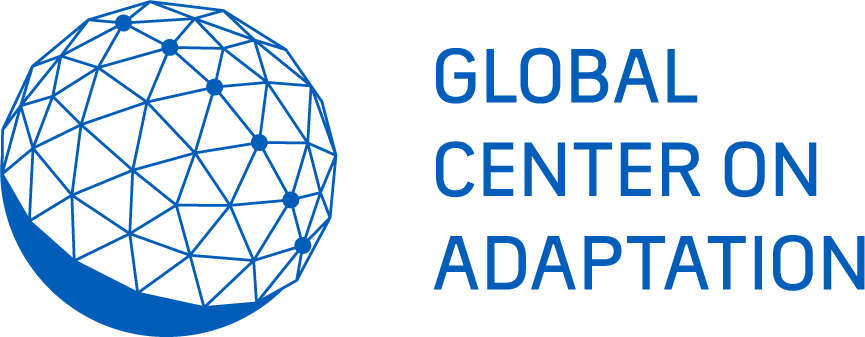Description
With a project cost estimated at USD 390 million, the project aims to increase adaptive capacity and water supply through wastewater infrastructure upgrading and expansion, institutional support, and other engineering services. Total DFI financing in the form of concessional debt for the project is USD 150 million – with USD 100 million from AfDB and USD 50 million from the Africa Growing Together Fund (AGTF). The Government of Egypt will contribute the remaining USD 237 million of project cost (62% of total project cost) through public budget.
Stage of Implementation
The project’s planned completion data is the end of 2022. Spanish water management company FCC Aqualia has signed a contract for design, building, and operation of the treatment plan alongside Egyptian contractor Orascom. Construction is ongoing.
Actors Involved
- Development finance institutions: AfDB and AGTF will jointly finance 38% of the total project cost of the wastewater treatment plant. Beyond this project, DFIs delivered 72% of total adaptation finance tracked to the water sector on average annually across 2017-18 to Africa per the Landscape. DFIs, like AfDB and AGTF, can take a role in de-risking financing of water projects through PPP structures to encourage private sector participation. DFIs also have a role to play in offering technical assistance in climate risk assessment and resilience building.
- African governments: The Government of Egypt has committed USD 237 million to the project. Across the region, budgetary allocations are well-suited to financing adaptation activities where returns are challenging or across long time horizons. UNDP estimates that total adaptation expenditures by African governments to date amount to less than one-quarter of 1% of GDP.
Criteria
- Robust climate information: Climate data and associated analytics are critical to accessing finance from DFIs for adaptation activities. Per the IDFC-MDB Common Principles, for projects to be identified as adaptation, they undergo a project climate risk assessment based on robust analysis of available climate data and projections across a range of future scenarios. Availability of relevant data and technical capacity to assess it is therefore critical to accessing many forms of concessional debt.
- Strong or moderate sovereign credit rating: Countries with strong investment environments, as measured by sovereign credit ratings, can access more diverse finance types including finance that blends risk appetites. A relatively strong credit rating is valuable to reduce the cost of financing and to assure DFIs that further debt finance will not compound sovereign financing challenges.
- Strong policy environment: A strong policy environment with national adaptation planning and investment plans in place and regulations to enforce adaptation measures will facilitate project pipeline development to seek concessional finance and will help ensure that projects financed deliver successful adaptation outcomes.
Applicable Countries
Per the Global Landscape of Climate Finance, six countries received more than three-quarters of finance from DFIs to the water sector for adaptation: Tunisia, Morocco, Rwanda, Botswana, Gabon, and Egypt. Concessional finance is further possible in additional countries with sufficient climate information and relatively strong investment and policy environments – and can become increasingly possible as more countries in the region develop towards those enabling conditions.


